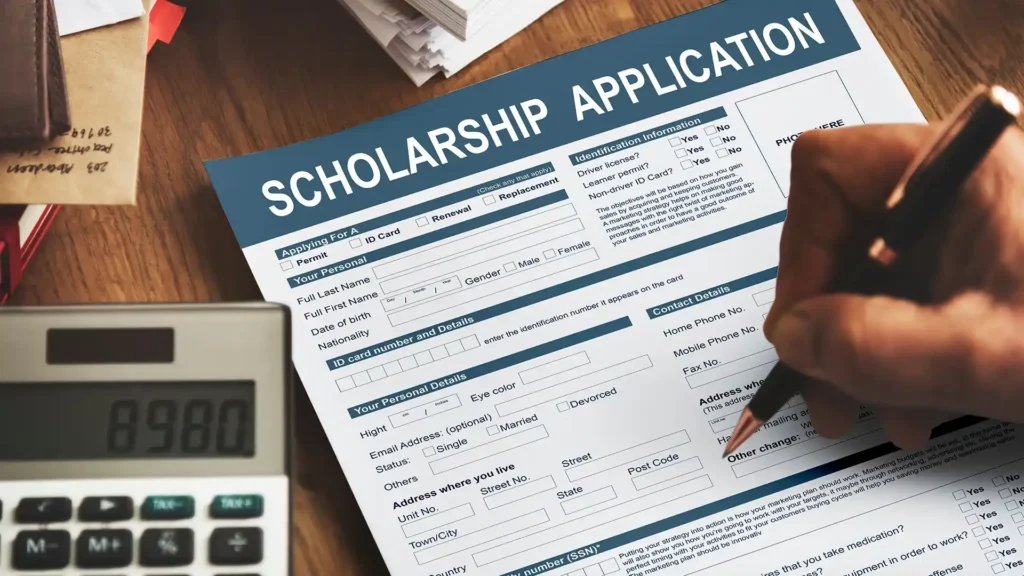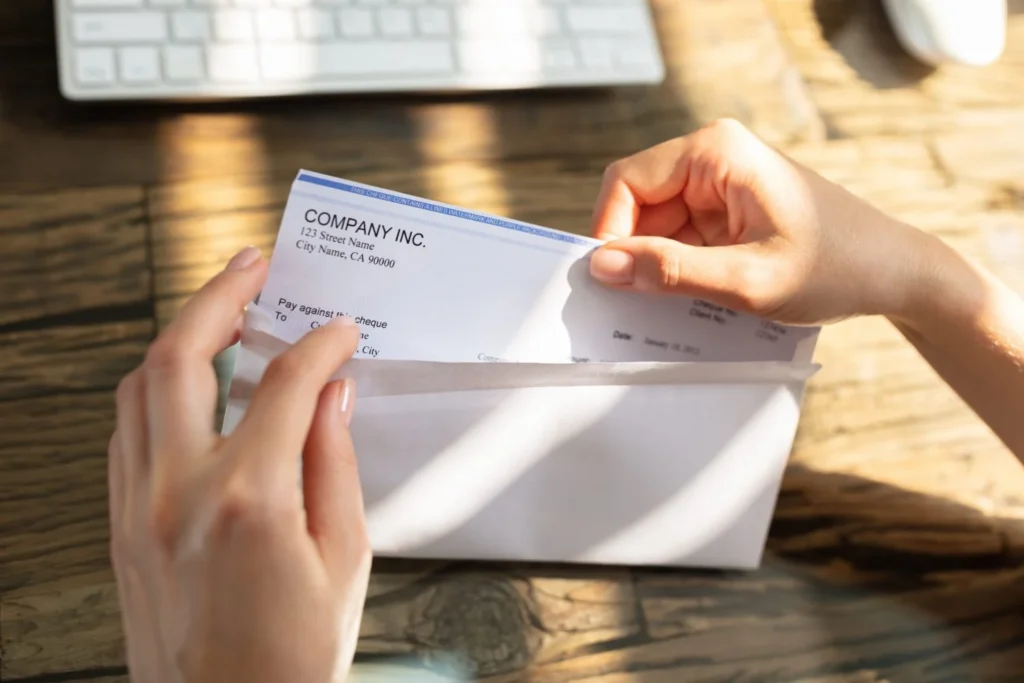Most scholarships do not require repayment because they are a form of gift aid. Students can keep them if they stay enrolled and maintain grades. Repayment happens only if a student withdraws or loses eligibility.
Understanding do you have to pay scholarships back helps families plan better and avoid unwanted financial surprises.
Table of Contents
ToggleKey Takeaways
- Most scholarships do not require repayment unless rules are broken.
- You may owe money only if you drop out or lose eligibility.
- Loans must be repaid with interest; scholarships and grants are gift aid.
- Some scholarships require that unused funds be returned.
Quick Answer: Do Scholarships Have to Be Paid Back?
If you’re asking if you get a scholarship, do you have to pay, the answer is no, unless you fail to meet the scholarship’s requirements. Scholarships do not need repayment. They are gift aid based on merit or need, not loans.
You may be required to repay only if you drop out or breach program terms. Always check with your financial aid office before changing your enrollment or major to avoid problems with scholarship funds.
At CollegeCommit, we help families review scholarship conditions early to prevent financial issues later.

Scholarships, Grants, and Loans at a Glance
Scholarships remain one of the most effective forms of financial aid when managed properly.
Paying Back Scholarships After Dropping Out
If you leave school early, you may have to repay part of your scholarship. Providers can reclaim funds if you don’t complete the term. Contact your financial aid office before withdrawing to learn how it affects your aid and overall scholarship funds.
How Scholarships Fit Within Financial Aid Packages
Scholarships are part of your full financial aid package, along with grants and federal student loans.
Your financial aid award letter illustrates how scholarships reduce college costs before loans are applied. You can also read about how many years you can get financial aid to plan your long-term funding.
Do College Scholarships Have to Be Paid Back?
Most college scholarships depend on GPA, credit hours, and full-time status. If you don’t meet these terms, your future funding may be paused or canceled. Schools rarely ask for repayment of funds already used unless stated in your award.
Many families also ask, ‘Do you have to pay for scholarships before applying?’ The answer is that no legitimate scholarship ever charges fees. If you encounter one that does, it’s best to report or avoid it.
How to Stay Eligible and Avoid Repayment
Ways to Stay Eligible
- Keep your GPA and class load steady
- Turn in renewal forms on time
- Stay in contact with your aid counselor
Our advisors help students track these steps to maintain active and good standing with their scholarships.
Repayment Rules for Awarded Scholarships
Scholarships usually cover tuition fees, books, and other educational expenses. Some allow housing or food costs. Spending on unauthorized items can result in repayment.

Tax Tips
Scholarship money used for tuition fees is tax-free. Funds used for housing or meals may be subject to taxation. Always check your award letter or ask a tax advisor.
Can You Keep Unused Scholarship Money?
Sometimes, scholarships give more money than tuition costs. Some programs allow you to use the extra funds for educational expenses, such as books or materials. Others may ask you to return leftover funds. Your financial aid office can explain how your school handles it.
Do Scholarships Pay for Everything?
Scholarships rarely pay for all college costs. They typically cover tuition and fees, but not housing, food, or travel expenses. To understand federal aid coverage, visit how much FAFSA can cover.
How to Fill the Gap
Students can use federal grants, Pell Grants, or private student loans to cover remaining costs.
Do You Pay Back Scholarships or Grants?
Both scholarships and grants are gift aid that don’t require repayment. To see how they work together in federal programs, read Is a Federal Pell Grant the same as financial aid.
Federal grants, like Pell Grants, may require repayment if eligibility changes. Scholarships follow separate rules, so review both sets of rules before accepting an award.
Do You Have to Pay Back Financial Aid?
Financial aid includes scholarships, grants, and loans. Only federal student loans and private student loans require repayment with interest.
Understanding forms of financial aid helps families plan responsibly. FAFSA is required for most programs. See if FAFSA is mandatory to understand how it affects eligibility.

Verified Sources and Expert Guidance
At CollegeCommit, our advisors include former admissions officers, Ivy League graduates, and senior mentors with 20+ years of combined experience.
Trusted Resources
- studentaid.gov – official federal government site for grants and loans
- collegeboard.org – reliable source for scholarship opportunities
We don’t just advise – we engineer your student’s admissions edge.
Key Takeaways for Students and Families
Scholarships help lower college costs and usually don’t require repayment. Staying eligible keeps your aid secure.
CollegeCommit helps families manage scholarship and grant programs with direction and accuracy. We support students in grades 8–12 and work 100% remotely with them nationwide and globally.
We offer elite admissions consulting, essay coaching, and test prep. We guide ambitious students from academics to strategy, helping them reach Ivy League and Top 20 schools.
Ready to turn uncertainty into opportunity? Join our next cohort at CollegeCommit: Where Preparation Becomes Placement.


